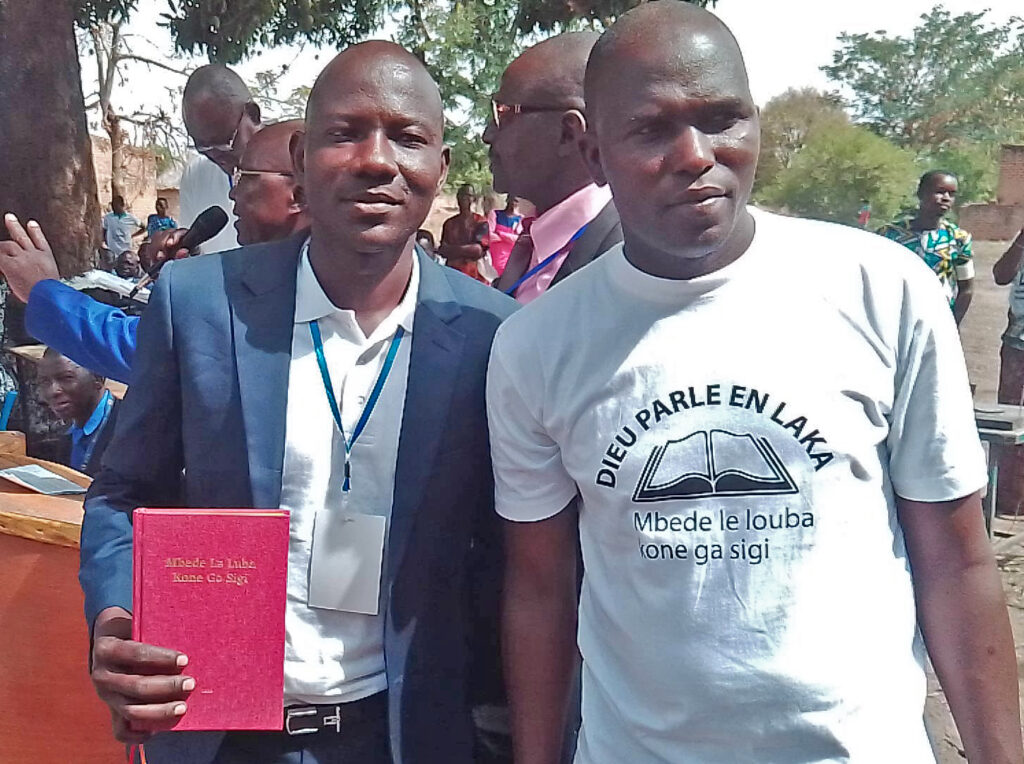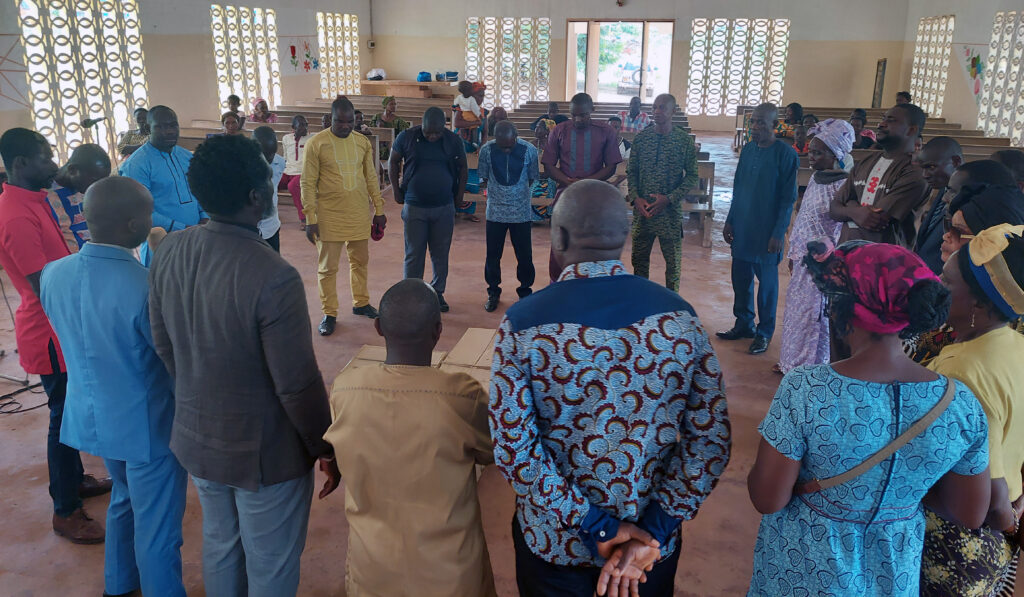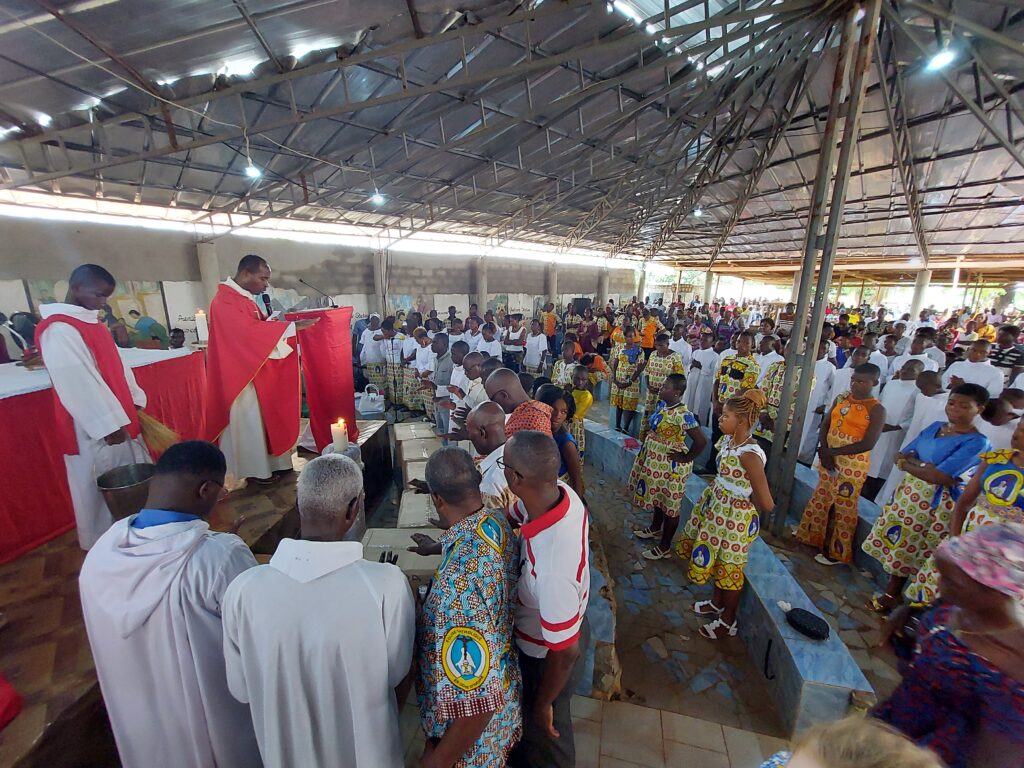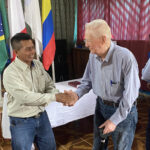This is our fourth week in the cockpit with pilots and turning wrenches with mechanics after they all took our Mountain Week training. Read the first article about helicopters or the most recent one about training pilots’ and mechanics’ wives.
Why spend hours, even days, camped out in a hangar in the mountains or flying in unpredictable wind and weather?
Safety. Not just for the pilots, but for their passengers as well. That is the reason that JAARS flies, after all: to cover the last mile between missionaries and the ones they’re trying to reach with the gospel.
But sometimes passengers can be just as unpredictable as the weather, especially in cross-cultural contexts where different languages and practices are common.
Keeping Passengers Safe (and Happy)

Not only must mission pilots carry people safely back and forth in challenging conditions, but they also must interact with people of different cultures and try to fit their cargo into the aircraft. This is why, as part of Pre-Field Orientation, before the pilots go to Mountain Week, they have a day dedicated to production cross-country training, where they fly passengers and their gear solo to local runways around JAARS.
The goal: Get everybody home safely and make sure all the cargo makes it back.
Helicopter pilot Greg said, “[Production cross-country] gave the pilots the chance to put into practice all the things that we’ve learned leading up to that point. It’s supposed to simulate a busy day on the mission field and what the stress might look like when there’s pressure to put things in your airplane that you don’t want to put in your airplane.”
Some of the volunteer passengers spoke only Spanish and showed up with unconventional cargo that was difficult to load into the aircraft, such as crock pots filled with strange-looking liquids, cinder blocks, scrap metal, and potted plants.
“I was not prepared at first, when I went to pick up my passengers and they were not speaking English,” Matthew Clark, a helicopter pilot, recalled. “That was a realistic challenge. But we were able to communicate by pointing, miming, and acting out.”
It was like a game of Tetris: trying to protect the passengers’ valuables while also making sure that everything fit, all while miming and gesturing. If that weren’t fun enough, the pilots also were on a tight schedule because other passengers waited elsewhere for them. “So you’re trying to accommodate them, and you’re trying to be respectful,” Matthew explained, “but you’re also trying to get on the road to keep your own timeline because at the next stop and the next, other people are relying on you to stay on your timeline.”

Boosting Pilots’ Confidence
This type of day is similar to what the pilots will face once they reach the field. And for Greg, it was a good experience. “It was a really fun day. A good confidence-builder.”
Matthew, too, felt confident going into the production cross-country challenge: “Our instructors prepared us for it. We had a couple of training blocks before production cross-country where we had complicated loads that we had to load into the aircraft, and interact with people on different stops.”
After keeping their passengers safe on these flights, and then flying solo in the mountains, the men feel much more confident about their ability to keep their passengers safe while flying into challenging mountainous airstrips.
Use your technical skills to make a difference for eternity. Become a JAARS Apprentice.
















































































